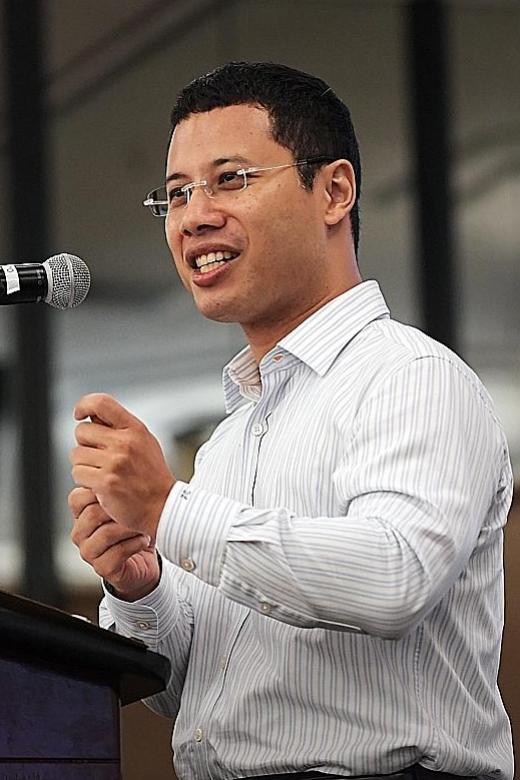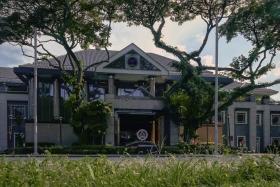Family service centres discuss ways to better work together
30,000 families and individuals are helped by such centres every year
When her late husband fell terminally ill, Madam Emma was in dire straits and desperate for a helping hand.
She had two young children to look after, but with no job, and her husband too sick to work, there was no money for diapers or other necessities.
"It was not easy to bring up two kids alone," said Madam Emma (not her real name)."I just prayed, 'God, please, if there is someone who can guide me, who can take care of me, send them to me'."
That much-needed helping hand turned up in the form of Cheng San Family Service Centre (FSC), which conducted home visits, helped Madam Emma get subsidies for her children's school fees and supported her through her husband's death.
Madam Emma is one of the 30,000 families and individuals helped by family service centres such as Cheng San every year.
These centres are usually the first stop for people who need social support or information and referral services.
The centres' invaluable role in the community came into sharper focus on Tuesday, at Family Service Centre Sector Advance, a forum for those in the sector to discuss progress and ways to move forward. It was held at Concorde Hotel Singapore.
There are 47 such centres across the island, a striking increase from when the idea took root around 30 years ago in the form of a pilot project. They have grown from providing basic social assistance to include more upstream help, as well as greater coordination, by physically co-locating complementary services.
For example, the Taman Jurong Social Service Office, which helps needy families, shares a working space with Fei Yue Family Service Centre, the Agency for Integrated Care and the Singapore Anti-Narcotics Association.
Social and Family Development Minister Desmond Lee told the gathering on Tuesday that the sector is working together to "form a more integrated and responsive social safety net to provide comprehensive, convenient and coordinated help".
Ms See Toh Huixia, an assistant director at the charity Awwa, said: "Over the years, there has been a lot more effort to enhance collaboration.
"There might be challenges when various agencies or services work together; for example, in coordinating information and services. But we come together to understand the needs of the family. When we put the family first, that makes work a lot easier."
Get The New Paper on your phone with the free TNP app. Download from the Apple App Store or Google Play Store now


